- Junk Food is designed to seamlessly hack your brain chemicals
‘Serotonin hack’ – Junk Food is shamelessly taming & abusing your brain chemicals, especially the good – happy ones – Serotonin & Dopamine. Giant food corporations end up spending millions of dollars in researching the most addictive level of crunch in the French fries and the right amount of salt-sugar combination so that you can have a sudden rush or flood of serotonin in your brain.
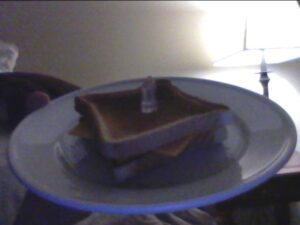
Serotonin rush is a ‘high’. A high that suddenly elevates your mood & makes you feel better emotionally. You end up emotional eating. And unlike Endorphins or Anandamide-induced ‘high’, a Serotonin-induced high doesn’t last long. So your brain desires more of that; ending in a perpetual cycle to crave for unhealthy junk food.
‘Memory response hack’ – After a really stressed out day atwork, your Serotonin levels were really low causing you to feel withdrawal or anxiety and sending you in search of food. What better than junk food that gets you chemically high? You eat a very satisfying burger meal. Your brain suddenly starts feeling so good. And you are trapped in a ‘memory response’ hack now. Whenever you will smell, see, hear or read about that particular food, your brain will trigger those happy memory responses that came when you ate it; ending in a perpetual cycle to crave for unhealthy junk food.
‘Sensory response hack’ – Junk food further hacks your sensory responses as well. Millions of dollars spent on the right taste, perfect smell, the sound of crunch, the feel of softness & the beautiful garnishing. A treat for all your senses.
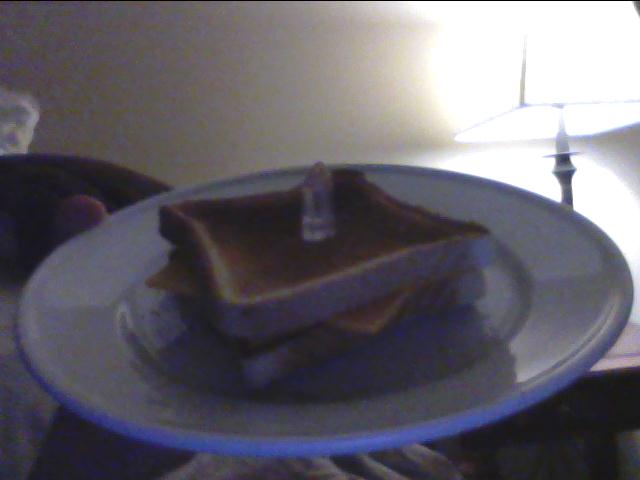
Your sensory responses generally go dull when you repeatedly eat something; it doesn’t excite you anymore. But has it been so in the case of chips & French fries? You can swallow down one full packet of Lay’s and would immediately be ready for one more. Yet another perpetual cycle to crave for unhealthy junk food.
Food corporations are spending millions of dollars to design food that is extremely addictive. How can I escape the Science, the money & the advertising behind junk food? Well, the answer lies within your brain. Learn better ways to release enough dopamine (click here); as simple as that. And remember the next time you crave for junk food that you are just being lured into permanent captivity unless you exercise control over your mind. Unless.
- Your brain shuts off if you skip meals
Carbohydrates and especially glucose are the primary energy sources for your brain. An organ that is 2% of  your body weight consumes 25% of the energy intake. It is vital to keep eating for the brain to function. You skip one meal and your ability to focus decreases. Your rational mind shuts off eventually and you end up blabbering, grief struck & depressed.
your body weight consumes 25% of the energy intake. It is vital to keep eating for the brain to function. You skip one meal and your ability to focus decreases. Your rational mind shuts off eventually and you end up blabbering, grief struck & depressed.
Remember those hunger pangs striking with visions of burger & French fries; diverting you constantly from focusing on your English class! That is real. You skip meals and your brain is totally distracted from what you ought to do. Mental activity requires a lot of energy.
Starving will also lead to increase in Ghrelin, a neurotransmitter that would set you up with an irresistible urge to eat and you end up eating extra.
Are you going to trust the decisions of someone who has been fasting for long? lol
- Processed food & soft drinks will damage your neurons
Processed food extends the life-span of food making it  comfortable for us to store and have it on the go. However, the preservative ‘benzoate’ used in such food affects the cognitive functions of your brain. It also causes panic driven hyperactivity in children as per various researches.
comfortable for us to store and have it on the go. However, the preservative ‘benzoate’ used in such food affects the cognitive functions of your brain. It also causes panic driven hyperactivity in children as per various researches.
Monosodium glutamate (MSG) is yet another additive used in processed food which severely damages your nerve cells. Such damages, if frequent, could lead to seizure-like attacks.
There’s always time to get back to fresh food for a better functioning brain.
- Your brain is programmed by the chemicals in the plants & animals that you eat
As you share a planetary evolution history with the plants & animals that you eat, you also have similar chemicals & neurotransmitters that they have. Only the ‘active’ ingredients in the food we eat are received by our brain ecosystem. 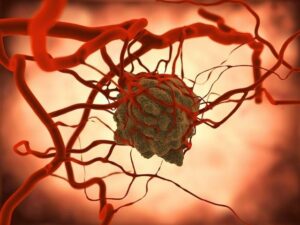 These ‘active’ ingredients are the ones which are either similar to your brain’s own neurotransmitters or they have the capability of influencing & activating the release of some neurotransmitters.
These ‘active’ ingredients are the ones which are either similar to your brain’s own neurotransmitters or they have the capability of influencing & activating the release of some neurotransmitters.
This is why & how the content of our diet directly interacts with our neurons & influences our cognitive functions. Different feelings of being dizzy, tired, happy, dazed, high, etc. could be induced by different food. And under the influence of some psychoactive plants, you altogether alter your complete sense of self-awareness or consciousness. The chemicals in each meal will alter the functioning of your neurons & dictate out loud how you should feel.
When you eat plants & animals, you risk having their chemicals affect how you think and how you feel.
Next time, when you think you are suffering from psychological problems, blame your food first. If not your food, then your food habits are the culprit.
- Food habits can get you into a psychological trap
When the food you eat enters all the way down your intestinal tract, you release a chemical called cholecystokinin (CCK) which conveys that you are full and should eat no more. However, if you eat a huge quantity of food very quickly, your brainmight not be able to synthesize CCK with the same rate leading you to binge much more than you actually could tolerate. You would ultimately have the constant sense of purging and getting rid of the food that you ate, usually done by vomiting or using laxatives.
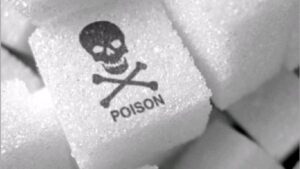
Similarly, if you eat too slow, the CCK is over-sensitized and is released much more frequently. In contrast with Bulimics, you will feel full in just a few bites.
There are a lot more psychological eating disorders caused by the brain aggravated by your food habits. 5 out of 100 people suffer from chronic eating disorders & almost 20% of these sufferers die without receiving any kind of treatment.
It is always a good idea to eat regularly, on time and at normal speed. And then you are back to normal levels of CCK. Check this video for further insights on psychological eating disorders:
6. A dark chocolate in silent darkness will get you scarily ‘high’
Well, this one is just to tease you. But yes, chocolate activates in your brain a neurotransmitter called 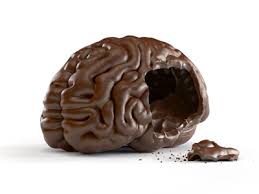 Anandamide that helps you feel elation, joy, bliss & delight.
Anandamide that helps you feel elation, joy, bliss & delight.
Leave that aside, we have chocolate sniffing devices available now with monitored doses that get you high for 15 minutes. We have Cacao Shamans who treat Cacao trees as ‘Mother Cacao’ and who conduct ‘Cacao Shamanic Ceremonies’ for a journey inwards. Altered states of Cacaoness, eh?
This article was originally published here. THC Labs is a vent-out platform for writers to express their inner creative and spiritual musings. Our aim is to ensure an alternate exploration of existence through various forms of art and knowledge.

